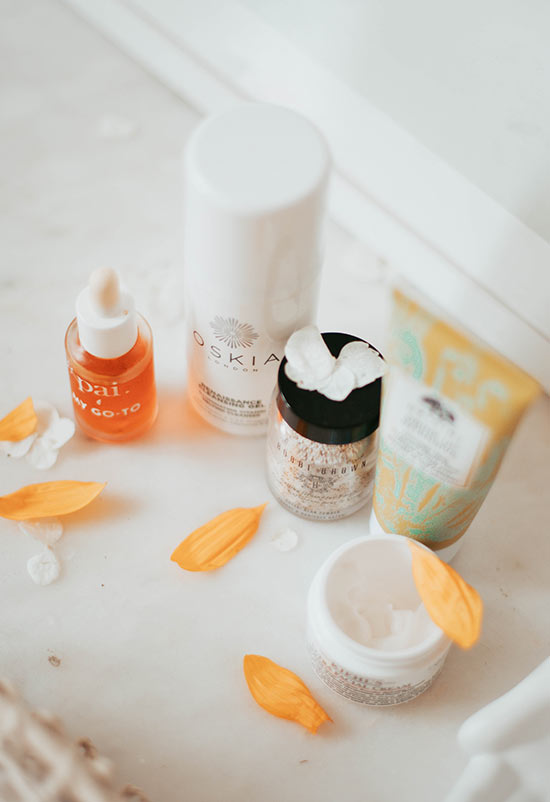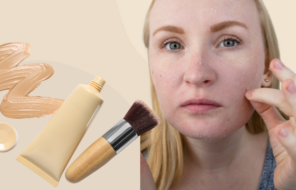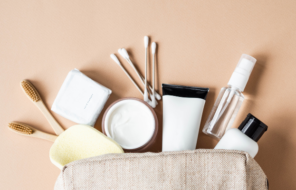The golden rosehip oil is having a moment in skin care these days, and for a good reason. This gorgeous oil comes from a romantic source, and it has a unique composition that is extremely rare in other botanical oils. This unique composition makes rosehip oil one of the best oils for anti-aging, hyperpigmentation, and scarring, while its non-comedogenic fatty acid profile makes it a great oil for those with acne-prone skin.
In this article, we’ll make sure to give you the lowdown on why it is so great for the skin, and what the specific rosehip oil benefits are. We will alleviate all of your concerns about potential side effects, and we’ll finish off by explaining exactly how to get the most out of your rosehip oil skin care.
In this article:
- What Is Rosehip Oil and How Does It Work?
- Rosehip Oil Benefits for Skin
- Are There Any Side Effects of Using Rosehip Oil?
- How to Use Rosehip Oil in Skin Care?
What Is Rosehip Oil and How Does It Work?
Rosehip oil is the oil derived from the seeds of the hip of a certain type of wild rose. The rosehip plant is called rosa rubiginosa, and it is in the rose family. It grows wild in many parts of the world, especially in Eastern Europe, South America, and Central Asia.
It can be extracted in two different ways: rosehip oil can be cold pressed from the seeds, or it can be extracted through a CO2 extraction. While we usually prefer cold pressed oils, rosehip seed oil is actually too volatile, so even the cold pressing is too harsh of an extraction method for it.
During the cold pressing process a large percentage of the components in the rosehip oil oxidize, so it ends up having a shorter shelf life and a smaller quantity of antioxidants. CO2 extraction is a much gentler process in which the rosehip seeds are blasted with carbon dioxide, which expels out the oil.
Rosehip oil is primarily made up of gamma-linolenic acid, a fatty acid with robust anti-inflammatory capabilities that is also considered non-comedogenic. It also contains some linoleic acid, another non-comedogenic fatty acid, and a bit of oleic acid, which is known for its moisturizing capabilities.
Rosehip oil also contains quite a bit of beta-carotene, a form of vitamin A that has powerful antioxidant properties that can prevent the free radical damage that causes premature aging.
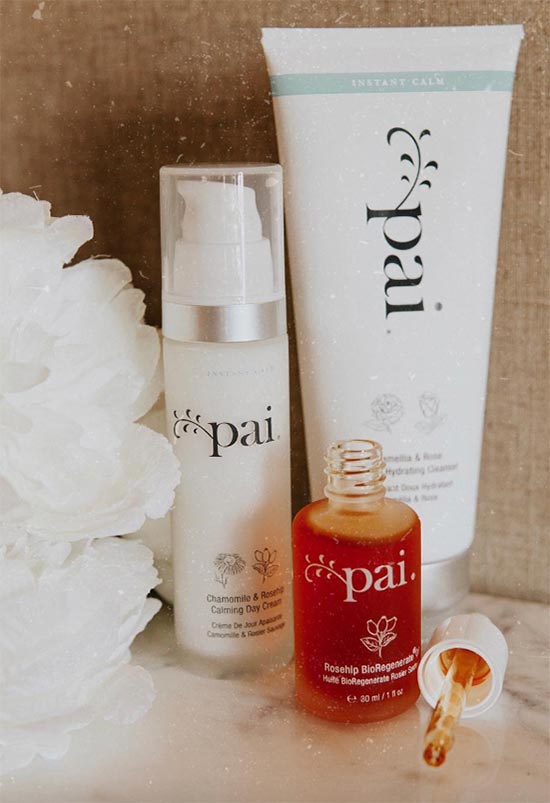
Lastly, rosehip oil contains just a touch of tretinoin, another form of vitamin A. While it is a very small percentage, tretinoin is a powerful enough ingredient that it still has a considerable impact on the skin.
Tretinoin is a skin resurfacer that promotes the shedding of dead skin cells from the skin, and also helps speed up cell renewal. Because of it, rosehip oil is especially great for reducing the look of scarring and hyperpigmentation in the skin.
Rosehip Oil Benefits for Skin
- First and foremost, rosehip oil, like any skincare oil, has moisturizing and emollient properties. The oil helps to fill in the gaps between the dead skin cells, making the skin feel softer and smoother, and it also helps prevent moisture evaporation, which will help keep the skin hydrated and supple.
- Rosehip oil contains both gamma-linolenic acid and linoleic acid, two fatty acids that have anti-inflammatory properties, which means they help soothe the skin and minimize redness and swelling caused by sensitivity or acne.
- Becuase of both the antioxidant and skin-resurfacing properties of rosehip oil, it helps prevent all kinds of premature aging signs, including fine lines, wrinkles, and hyperpigmentation.
- Rosehip oil is said to have healing properties. This might be because it helps to protect wounded or broken skin, or because its antioxidant properties speed up healing.
- Because of the tretinoin in the rosehip oil, it is a skin resurfactive oil that minimizes scarring and reduces hyperpigmentation in the skin.
- Because of its non-comedogenic and anti-inflammatory properties, rosehip oil works well with acne. It helps to reduce its size and prevent its recurrence.
Are There Any Side Effects of Using Rosehip Oil?
When used reasonably and sanely by a person who does not have allergies to rosehip oil, there are no side effects that are worth worrying about. If you are concerned that you might be allergic to rosehip oil, make sure to test it on a small patch of skin before applying it all over your face. If no allergic reaction occurs, you probably do not have to worry.
Rosehip oil can pose risk if it is consumed, so keep it away from children and pets. Consuming rosehip oil can lead to nausea, vomiting, and stomach pain, and it can also interact badly with other drugs one might be taking.
How to Use Rosehip Oil in Skin Care?
If you are going to be using a traditional skincare product that contains rosehip oil, simply use it as instructed. You will see rosehip oil appear in products like oil cleansers, serums, masks, and moisturizers, which you should simply use as you would any other one of those products.
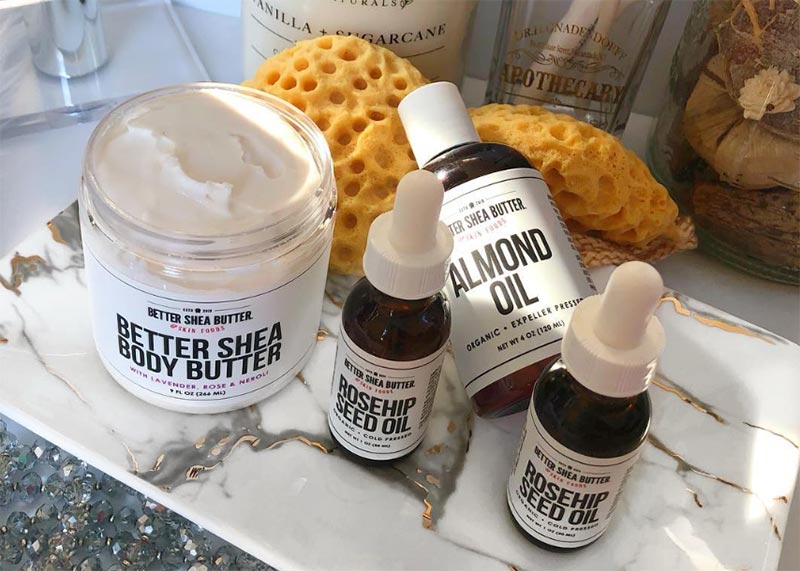
You can also use straight rosehip oil in your skincare routine, in any of the following ways:
- You can add rosehip oil to a few other, cheaper oils with a more greasier texture, to make for a skin-soothing oil cleanser. You can blend it with sunflower oil if you have oily or acne-prone skin, or you can mix it with coconut oil if you have dry, sensitive skin. You can either apply these oil cleansers to the skin, let them break down makeup and impurities, and then wipe them off with a cloth, or you can add some sort of emulsifier to make an oil cleanser that can be rinsed off the skin with water.
- You can apply rosehip oil to your skin alone after it has been cleansed or toned as a mositurizer, you can apply it instead of a moisturizer after applying serums, or you can use it after your moisturizer as a final nourishing layer.
- You can mix a few drops of rosehip oil into your moisturizer or serum, to give it a slightly heavier texture and to enjoy rosehip oil’s benefits to the skin.
- Lastly, you can use a few drops of rosehip oil to boost a homemade or store-bought skincare mask. If you have oily skin, mix rosehip oil into a blend of kaolin clay, water, apple cider vinegar, and tea tree oil. If you have dry or sensitive skin, add a drop or two of rosehip oil to a mask of ground oatmeal, yogurt, and honey.
Photos via @katespiers, Instagram

